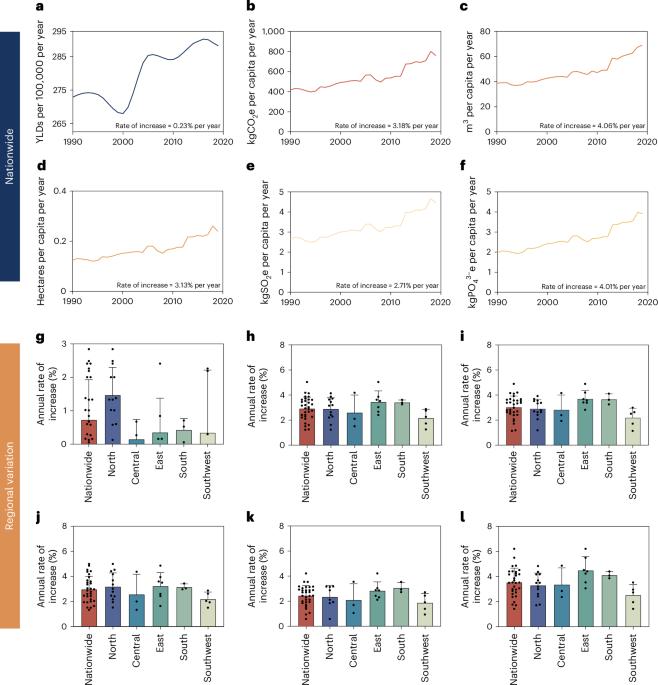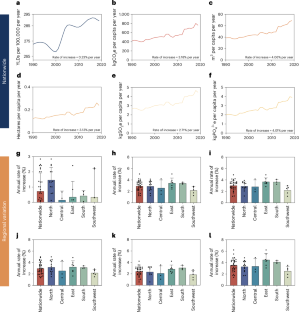Adoption of region-specific diets in China can help achieve gains in health and environmental sustainability
IF 23.6
Q1 FOOD SCIENCE & TECHNOLOGY
引用次数: 0
Abstract
The vast heterogeneity in dietary practices across China has led to profound regional disparities in health and environment. To address this issue, we developed a region-specific reference diet (RRD) that is better aligned with Chinese culinary traditions, affordable, sparing of natural and environmental resources, and contributes to health. The adoption of the RRD has proven to be a viable solution to facilitate a rapid transition towards a healthy and environmentally sustainable diet across the country when compared to dietary guidelines from the World Health Organization, the EAT-Lancet Commission and the Chinese Nutrition Society. The RRD improved health in all regions and resulted in reductions of all five environmental impacts measured. Given China’s huge population and its major impact on global sustainability, the widespread adoption of the RRD would not only yield substantial health benefits domestically, but also contribute significantly to global food security and sustainability efforts. Healthy and sustainable diets that better match the dietary preferences and economic affordability of specific groups are needed to achieve the Sustainable Development Goals. To address this gap, this study proposes a region-specific reference diet for China and compares it to global dietary guidelines.


在中国采用针对不同地区的膳食有助于实现健康和环境的可持续发展
中国各地膳食习惯的巨大差异导致了健康和环境的深刻地区差异。为了解决这个问题,我们开发了一种针对特定地区的参考膳食(RRD),它更符合中国的烹饪传统,经济实惠,节约自然资源和环境资源,并有助于健康。事实证明,与世界卫生组织、EAT-Lancet 委员会和中国营养学会的膳食指南相比,采用《中国居民膳食参考指南》是一个可行的解决方案,有助于在全国范围内快速过渡到健康和环境可持续的膳食。RRD 改善了所有地区的健康状况,并减少了所测量的全部五项环境影响。鉴于中国人口众多,且对全球可持续发展具有重大影响,广泛采用 RRD 不仅会在国内产生巨大的健康益处,还将为全球粮食安全和可持续发展做出重大贡献。
本文章由计算机程序翻译,如有差异,请以英文原文为准。
求助全文
约1分钟内获得全文
求助全文

 求助内容:
求助内容: 应助结果提醒方式:
应助结果提醒方式:


